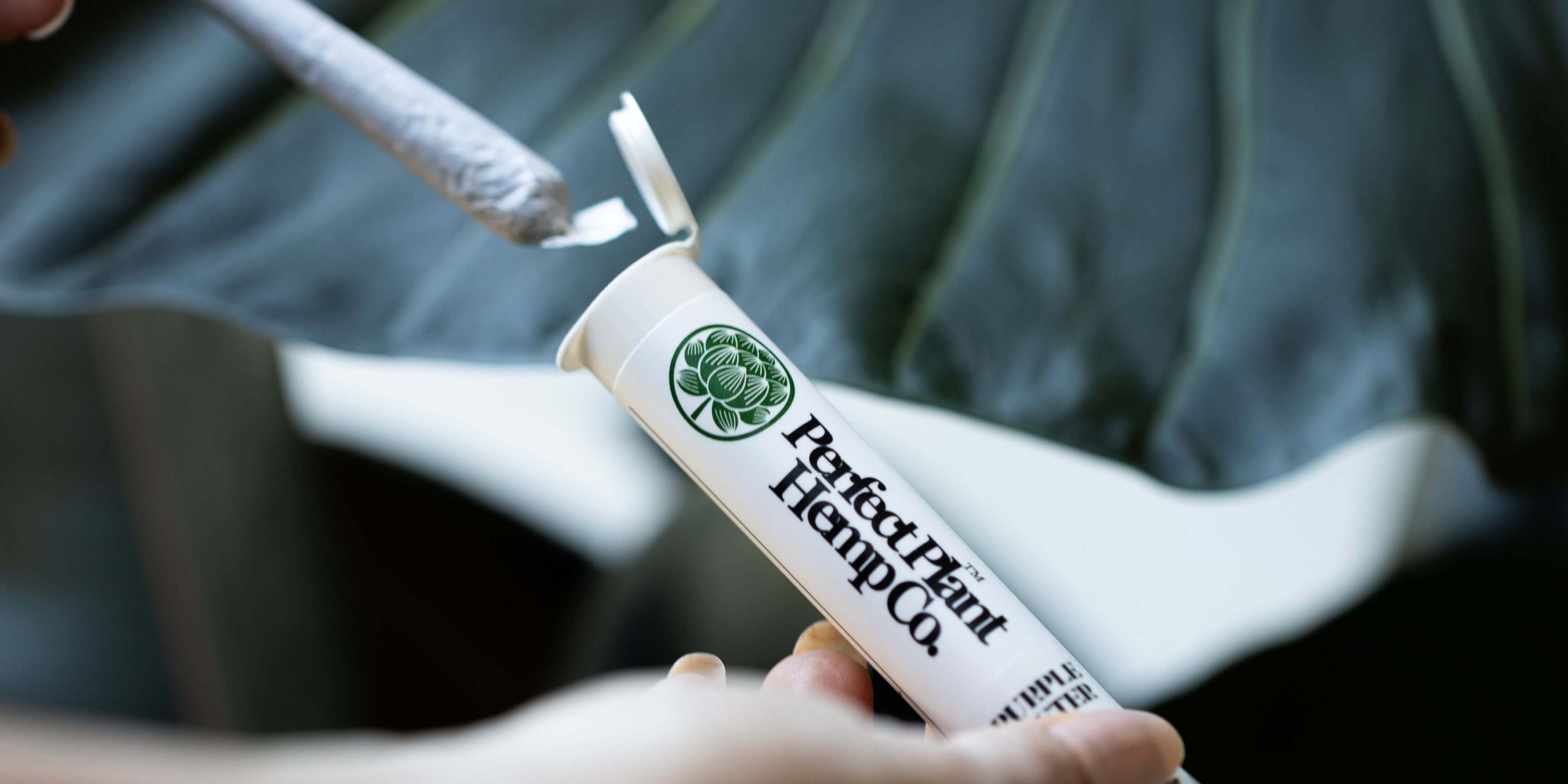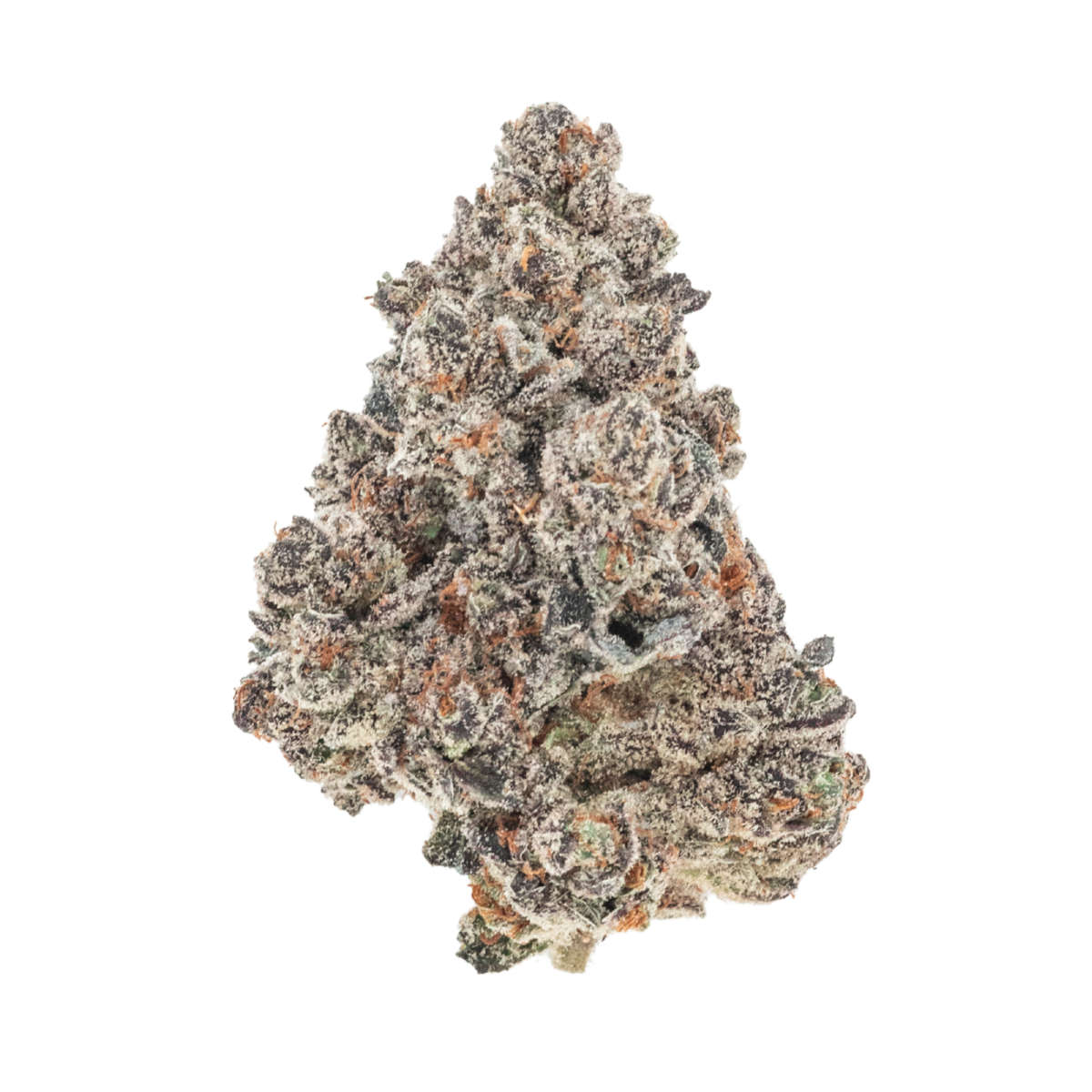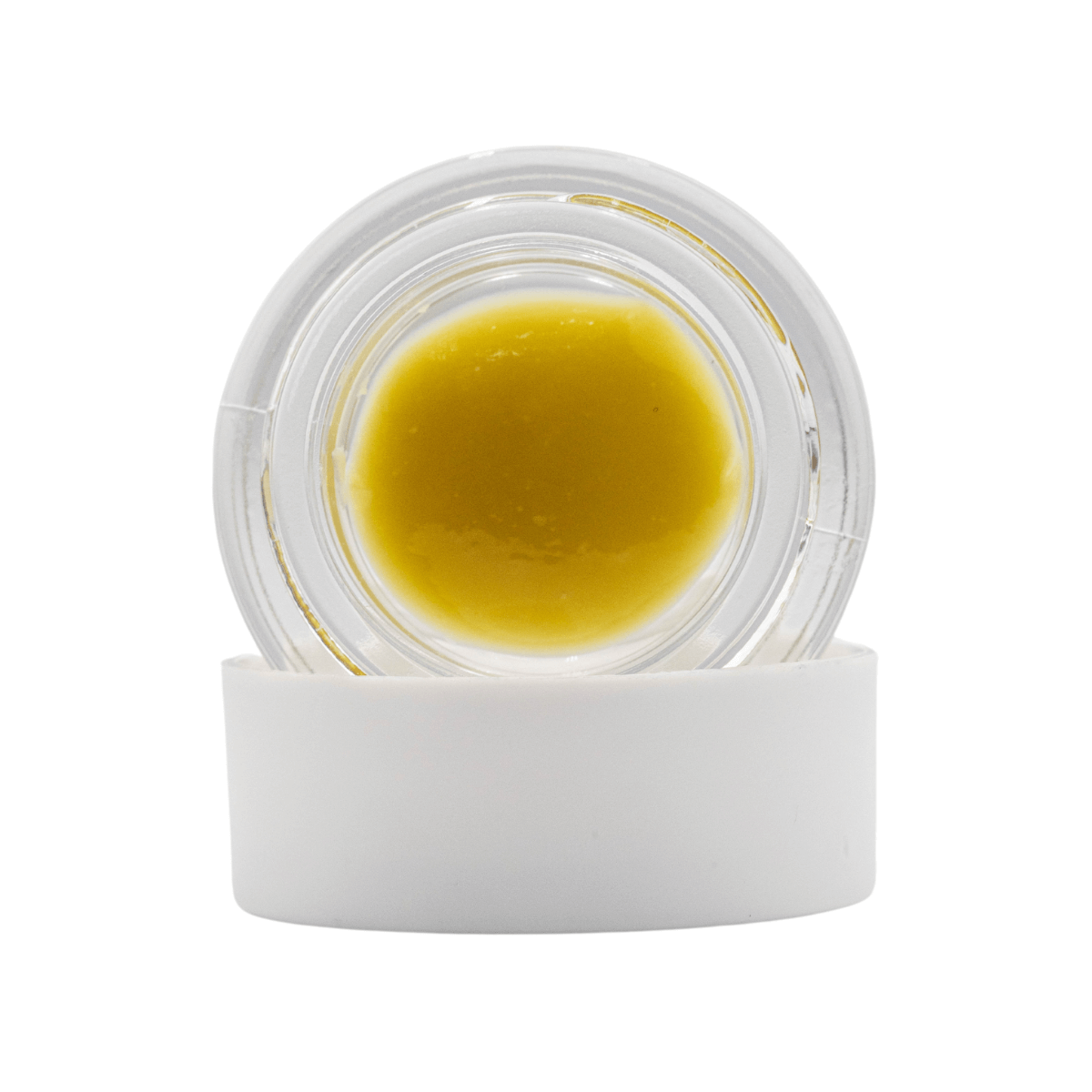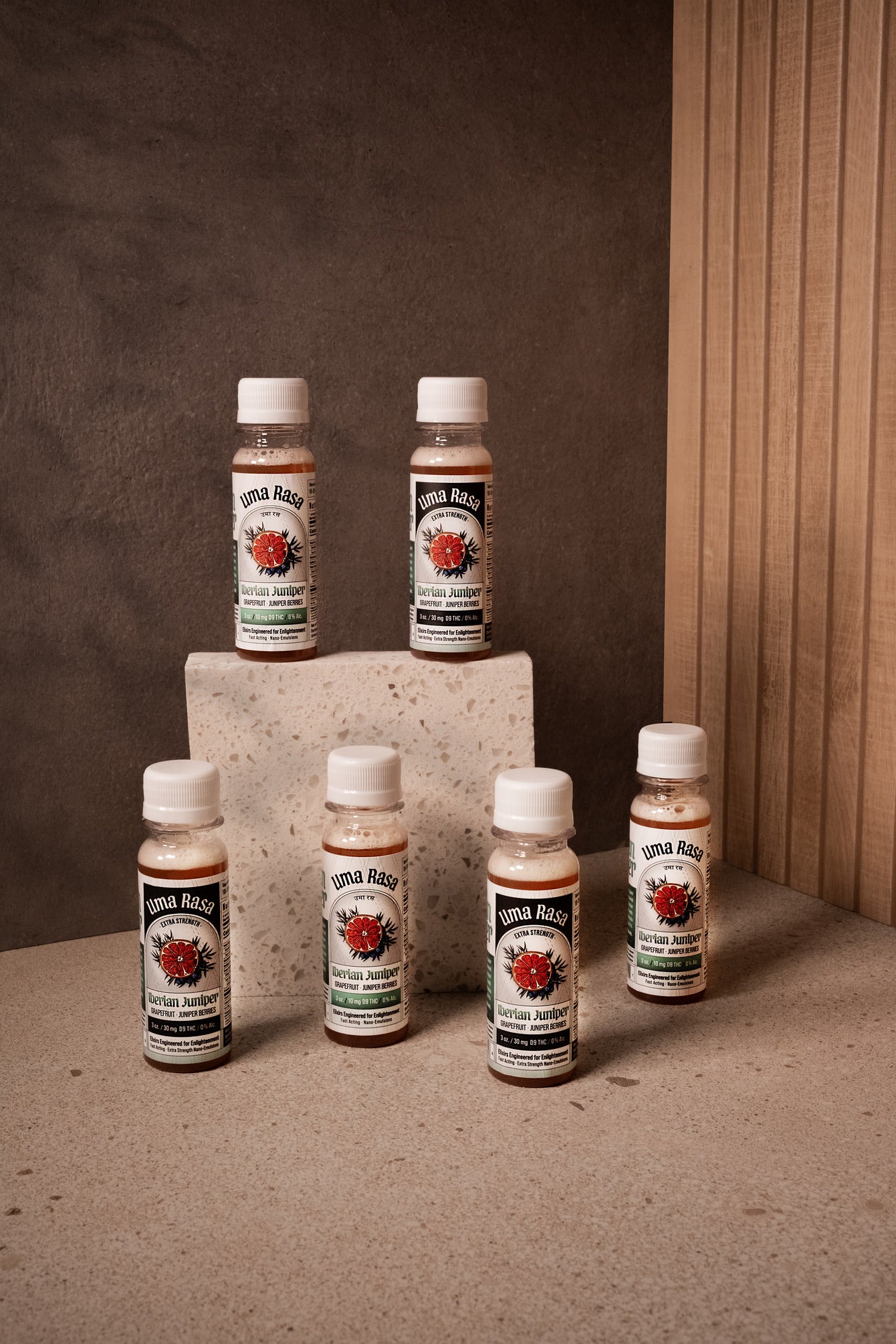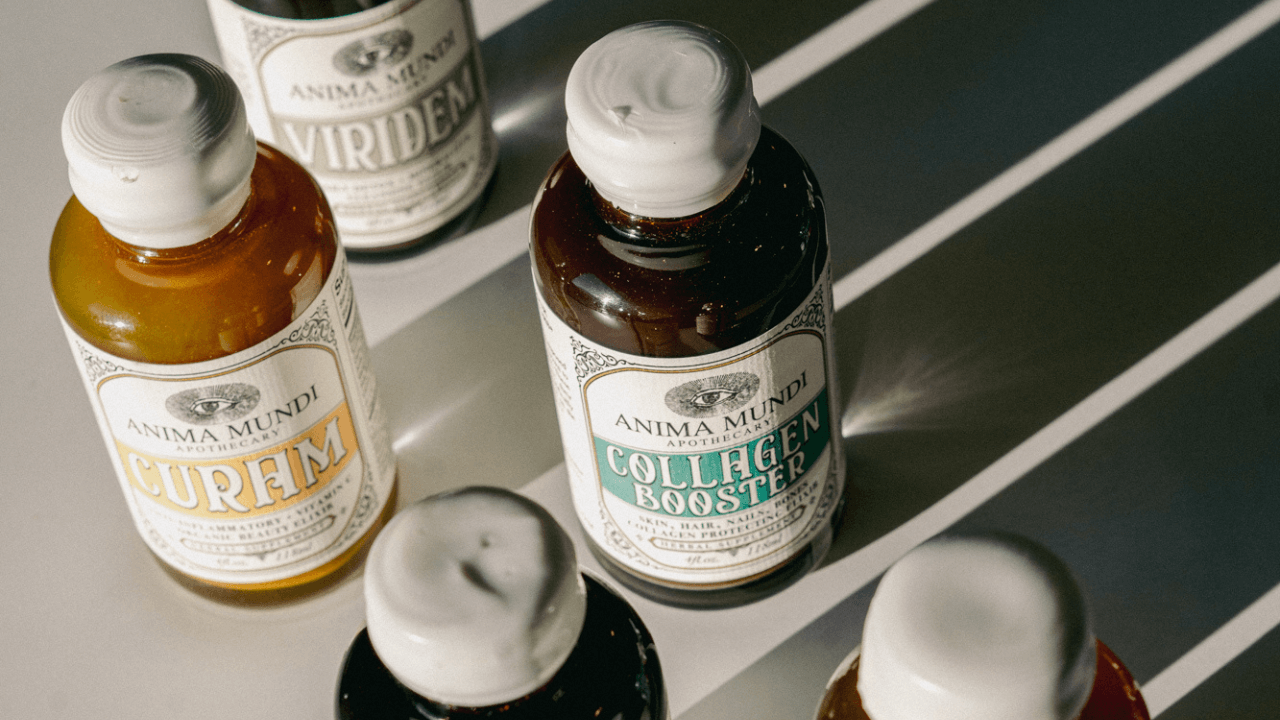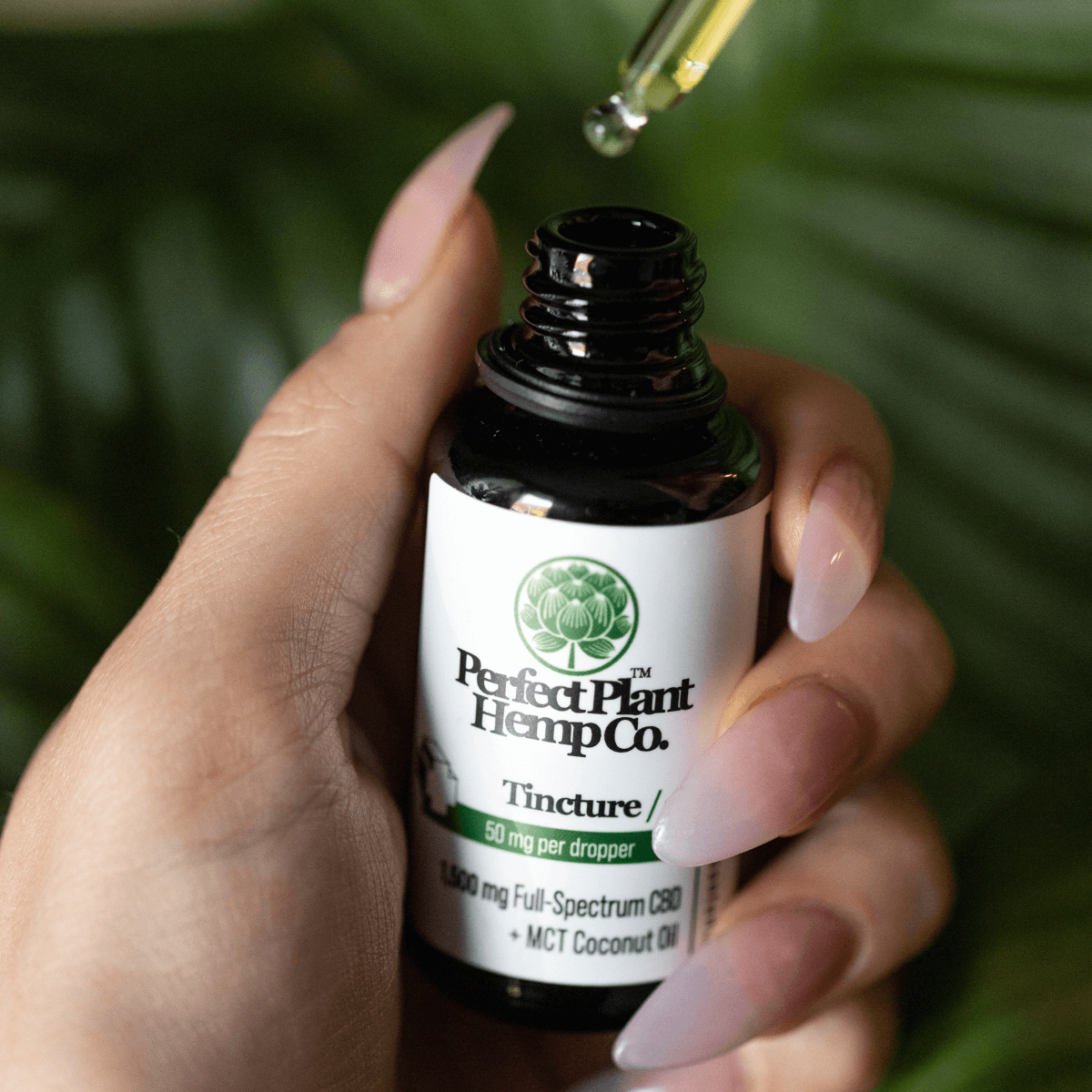By J Gordon Curtis
Understanding the different routes of administration (ROAs) of cannabis is an important step for consumers. There are many different methods for partaking and each one offers its own list of pros and cons. Getting to know the ins and outs of cannabis products will help ensure you're not getting more (or less) than you bargained for.
Two of the most popular ROAs are edibles and smokables. Almost every dispensary will have some kind of option for both of these if nothing else. This is why we wanted to take some time and discuss the differences between the two options and where you can find them!
Your Endocannabinoid System
Before understanding how the different ROAs work, it’s important to first visit the Endocannabinoid system (ECS.) As a regulatory function, the ECS works to maintain a balance within the body.
Unlike many other systems within the body, the ECS operates on a cellular level – meaning receptors exist almost everywhere throughout the body. When it comes to THC, the primary receptor that it is activating is the CB1 Receptor.
While there are some of these receptors throughout the body, they are most prominent in the brain and central nervous system. As THC binds to them, it triggers the release or suppression of various neurotransmitters within the body and causes the effects we all feel.
How Do Edibles Work
After you eat, your body get’s to work breaking down the food into usable components, nutrients, and waste. In the case of THC edibles, the metabolization of THC turns it into 9-carboxy-THC.
Many report this metabolite version of THC to be stronger and longer lasting. Theoretically, this is due to having a better ability to bind to the receptors.
While the higher potency is an upside, it also results in taking longer to activate. As a result, dosing is much more important – if you take too much of an edible, it can be a 5-8 hour affair.
How Do Smokables Work
The combustion of cannabis vaporizes the cannabinoids into the smoke. When you inhale the smoke, it enters your bloodstream quickly through the thin membrane of your lungs.
You still metabolize some of the THC into 9-carboxy-THC but not as much as you’d get with an edible. The result is a rapid onset with a shorter duration – smokables typically take effect within a few minutes and taper off by around an hour after at the latest.
Many who worry about overdoing it with THC prefer smoking and vaping since it’s easier to dose and the consequences of taking too much are not as harsh.
Are Edibles Better Than Smoking?
The answer to this question depends on the person that is looking to use the product. There are many different use-cases for cannabis and each one may have its own ideal ROA and some involve a mixture.
Here are some examples to showcase this:
Using Edibles or Smokables to Help With Sleep
When you’re talking about sleep issues, THC really begins to shine. We’ve had many people in the shops tell us about how hard it’s been to find something to help the way that THC has.
The biggest thing to consider for this need is whether your issue is with falling asleep or with staying asleep. If your problem is that you wake up a lot throughout the night, a long-lasting edible might be a tremendous help!
If, however, your problem is occasionally not being able to fall asleep, the fast-acting nature of a joint might be the better route.
Using Cannabis for Anxiety
With anxiety, there are the feelings you know you’ll have and then there are the ones that pop up out of nowhere. A daily edible for situations you know will be stressful is a great option but, for times when your anxiety spikes beyond that, it’s nice to have something more instantaneous.
Edibles or Smokables for Recreation
This one is a matter of debate and each has their personal preference. While edibles can be stronger and longer lasting, many enjoy the rapid onset of smoking along with the ritual of it.
Where to Find the Best Cannabis
When dealing with hemp, it’s always important to remember that it is not a regulated product. As a result, many products aren’t up to snuff with where they should be.
The only thing that hemp producers legally have to check for is the amount of Delta-9 THC by volume in a product. But, if that product contains Delta-8 THC or any other number of cannabinoids, they don’t have to prove the claims on their label.
Whether you decide to go with Perfect Plant™ or some other provider, make sure they’re actively going above and beyond in their reporting. Here’s proof that we do.
Still have questions? Reach out to us online or visit either location in Nashville to talk with one of our cannabis experts!


